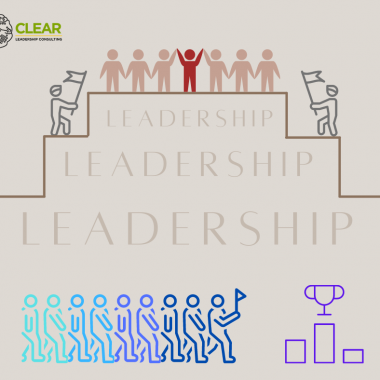Prepared by: Maria Liz V. Fresnido | June 11, 2020
In a world that has turned digital, knowledge truly is power. Even before the global pandemic, the core of society and livelihood has become more dependent on technology and the internet. For example, politicians use information to their advantage by doing strategic campaigns wherein their teams have researched to be the best way to appeal to voters. Clothing stores use data to determine which styles are in season, in order for them to be able to provide it for their customers.
People on the daily try to gather information about a product they plan on buying or using by researching about it and reading or watching reviews about it. Online platforms are the easiest and most effective way of spreading word, promoting businesses, widening one’s audience, and gathering data. Every industry collects and gathers data on their respective customers or consumers in order to find out what sells, what works, what people want, and what to improve on. Nowadays, data can be more important than money itself. Its value has gone even higher now that the pandemic has forced most businesses to operate digitally.

Although collecting and gathering data is already quite manageable, it is in the interpretation of data where most companies get lost in. According to the website KnowledgeCity,
“Data literacy means having the ability to make sense of, and effectively interpret and use, data. It requires some math and statistics knowledge, as well as analytical skills.”
Therefore the focus on having analytical skills and developing this skill has increased in significance and value to every organization. Mastering this particular skill will help one’s company to think of more appropriate and effective solutions for an imposing problem, focus on a goal, improve one’s services or products, and be able to attract more consumers and generate more income. A few steps given by KnowledgeCity in addressing data literacy gap in one’s business environment goes as follows:
- Make data a business issue, not a technology issue. Talk with employees about why data matters, how it is used, and why it is so crucial to the company’s success.
- Start small. Build a non-tech data team, show the results from data-driven decisions, and be patient as you get buy-in from other employees.
- Contextualize. Be selective about the data and how it helps specific employees do their jobs better.
- Expand employee data access. Let employees explore and learn how to analyze and draw conclusions from non-sensitive data to foster data literacy skills.







